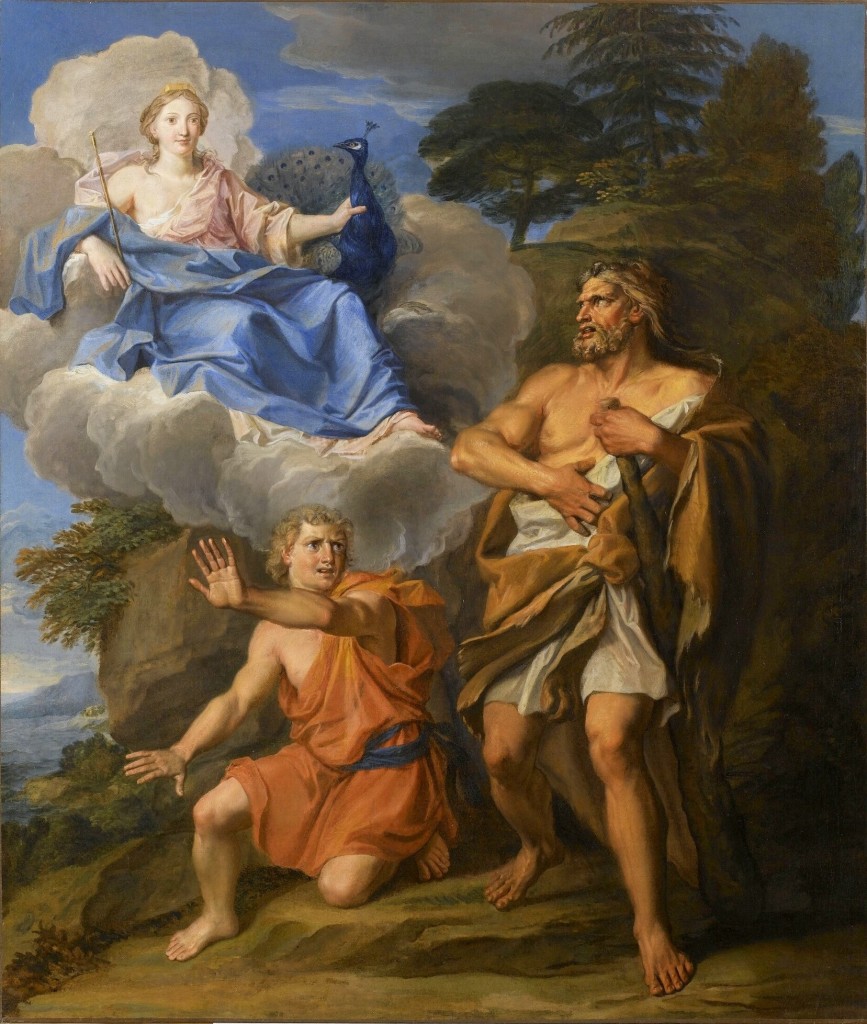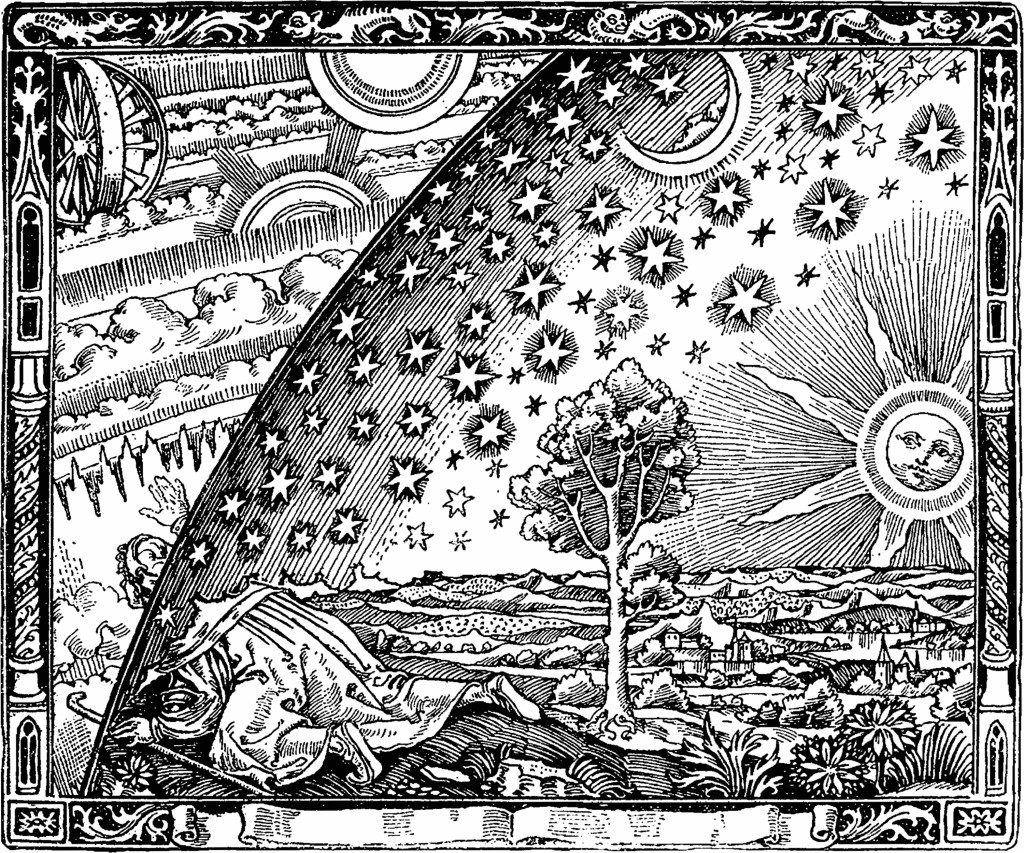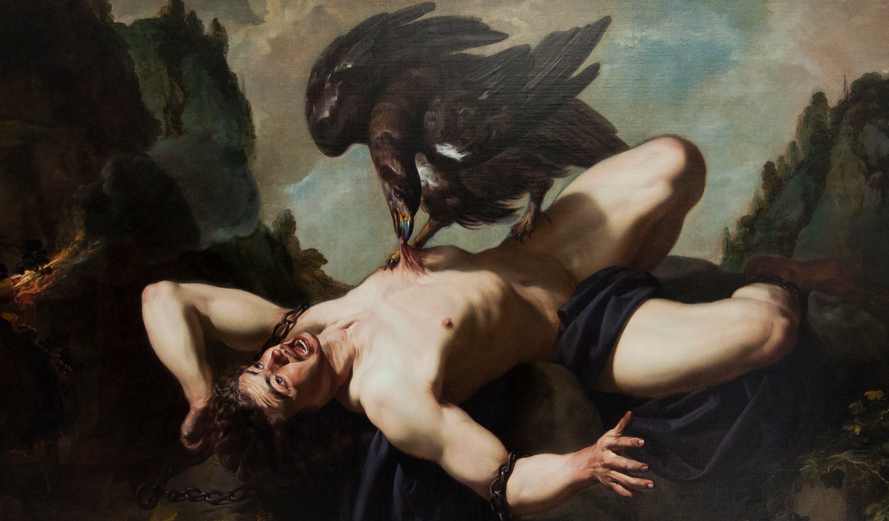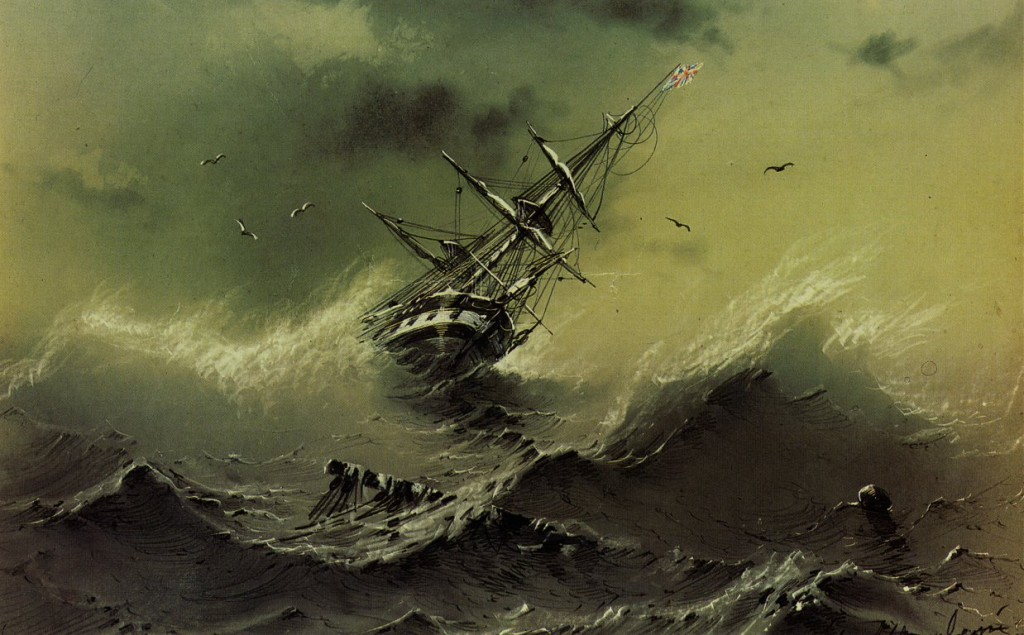Quem deus vult perdere prius dementat
(those whom a god wishes to destroy he first drives mad)
I recently stumbled across the collected works of Seneca (the Younger); one of the few extant Latin tragedians. He was a dramatist and philosopher and served as tutor to young Nero. His father is appropriately referred to with the sobriquet of Seneca the Elder, a father who instituted within his son a strong Roman education befitting a man of equestrian station, a social class just below the prestigious senatorial class. Seneca (the Younger) who just managed to extricate himself from the tyrannical grips of the debased Caligula—the young boy emperor who demanded his execution. Eventually, however, Seneca met his untimely end after having been implicated in an assassination attempt on the then reigning Nero (whether such accusations were legitimate or not is entirely up for speculation).
Seneca’s plays are very much deeply entrenched in themes of gruesome revenge, desire, and madness. His works are of incredible psychological insight. Of particular interest is the treatment of madness and rage within the alarmingly and intriguingly entitled work, “Hercules Insane”. Continue reading





